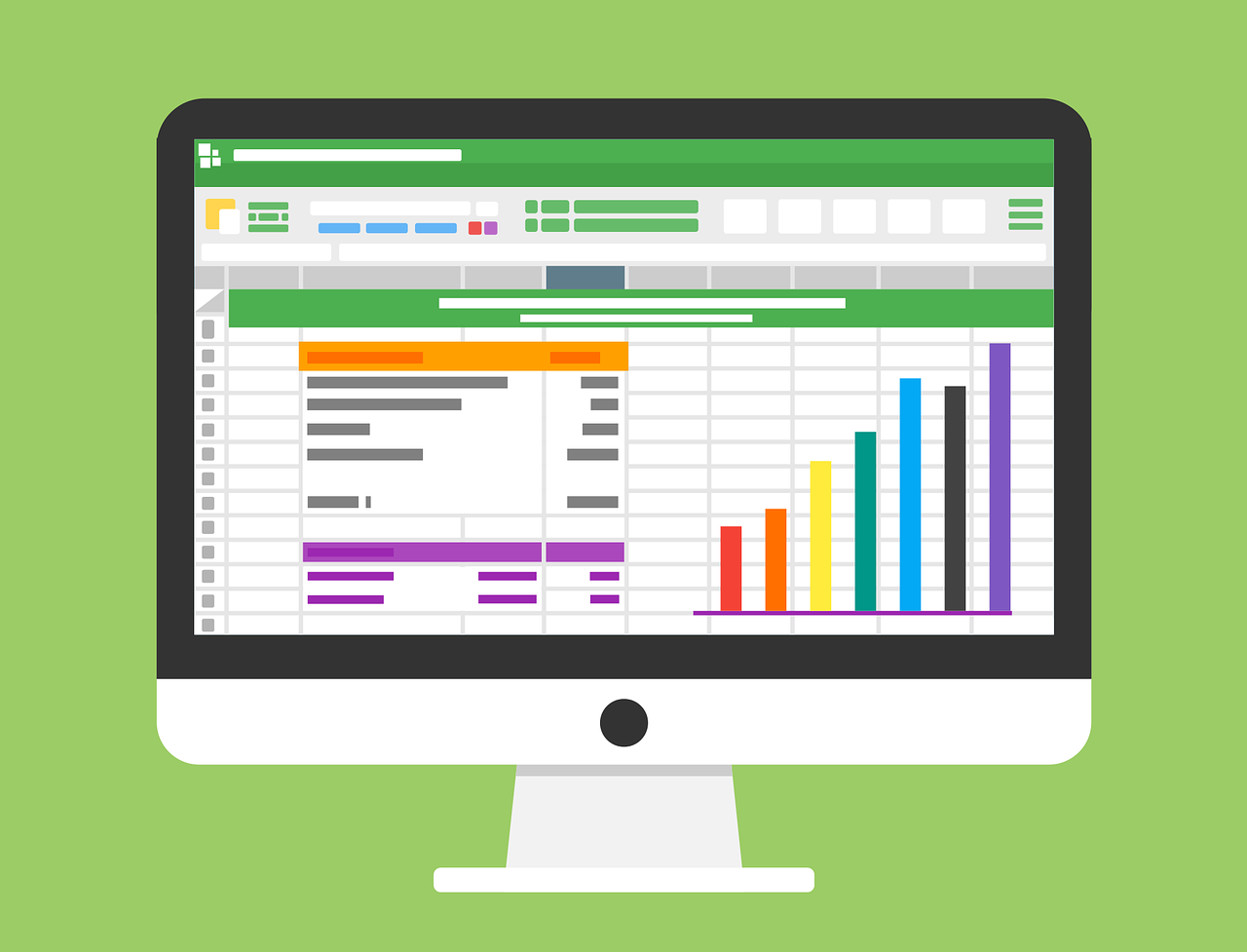Book Appointment Now

Ethics of Patient Data Collection and Management
In the digital age, healthcare providers have access to unprecedented amounts of patient data, which is critical for improving patient outcomes, conducting research, and enhancing care delivery. However, the ethics of patient data collection and management remain a paramount concern, as mishandling sensitive information can have severe consequences for both patients and healthcare organizations. This article explores the ethical considerations surrounding patient data, from collection and storage to sharing and usage.
Do you need essay writing help about patient data collection and ethics/privacy issues? ![]()
Understanding the Importance of Ethical Patient Data Management
Patient data encompasses a wide range of sensitive information, including medical history, personal identification, genetic information, and treatment details. The ethical management of this data involves ensuring its confidentiality, integrity, and availability while balancing the need for healthcare advancements and patient privacy. Ethical considerations in patient data handling are governed by principles such as autonomy, confidentiality, and informed consent.
Key Ethical Considerations in Patient Data Collection
There are several important ethical considerations that healthcare providers must address when collecting and managing patient data:
Informed Consent
- Transparency and Clarity: Patients must be fully informed about how their data will be collected, stored, used, and shared. This includes explaining the purpose of data collection, potential risks, and benefits, as well as their rights regarding data access and withdrawal of consent.
- Voluntary Participation: Consent should be obtained voluntarily, without any form of coercion or undue pressure, ensuring that patients have the freedom to make informed choices about their data.
Read also:
- Data Privacy and Confidentiality Discussion
- NR 439 Week 5: Data Collection and Measurement Discussion
Confidentiality and Privacy
- Data Protection Measures: Implementing robust data protection measures, such as encryption, secure access controls, and regular audits, is essential to prevent unauthorized access or breaches.
- Anonymization and De-identification: Personal identifiers should be removed from patient data whenever possible to protect patient privacy, especially in research and data sharing scenarios.
Data Security and Access Control
- Restricted Access: Only authorized personnel should have access to patient data, and access should be limited to the minimum necessary information required to perform their roles.
- Data Breach Response Plans: Healthcare organizations must have plans in place to respond promptly and effectively to data breaches, including notifying affected patients and authorities.
Best Practices for Ethical Patient Data Management
To uphold the ethics of patient data collection and management, healthcare providers should adopt the following best practices:
Establish Clear Data Governance Policies
- Data Governance Framework: Develop and implement a comprehensive data governance framework that outlines the responsibilities, protocols, and procedures for data handling across the organization.
- Regular Training and Education: Provide regular training for all staff on data privacy, security policies, and ethical guidelines to ensure compliance with legal and ethical standards.
Prioritize Data Minimization
- Collect Only Necessary Data: Limit data collection to only what is necessary for the specific purpose, avoiding the accumulation of excessive or irrelevant information.
- Regular Data Reviews: Conduct regular data reviews to assess the relevance and necessity of stored information and securely delete any data no longer needed.
Promote Patient Autonomy and Empowerment
- Empower Patients: Enable patients to have control over their data by providing them with easy access to their records, the ability to correct inaccuracies, and options for withdrawing consent.
- Engage Patients in Decision-Making: Involve patients in decisions about data sharing, especially when their data may be used for research or shared with third parties.
Role of Healthcare Providers in Ethical Data Management
Healthcare providers play a crucial role in ensuring ethical patient data collection and management. Their responsibilities include:
Ensuring Compliance with Regulations
- Adherence to Legal Requirements: Healthcare organizations must comply with relevant laws and regulations, such as the Health Insurance Portability and Accountability Act (HIPAA) in the U.S., General Data Protection Regulation (GDPR) in the EU, and other national or regional data protection laws.
- Regular Audits and Assessments: Conduct regular audits and assessments to identify potential vulnerabilities, ensure compliance, and continuously improve data security practices.
Fostering a Culture of Ethics and Accountability
- Encourage Ethical Behavior: Promote a culture of ethics and accountability within the organization, encouraging staff to report any unethical behavior or potential breaches of data security.
- Leadership Commitment: Ensure that leadership is committed to upholding ethical standards and provides the necessary resources and support for implementing robust data management practices.
The ethics of patient data collection and management are essential to maintaining trust between healthcare providers and patients, ensuring compliance with legal standards, and safeguarding sensitive information. By prioritizing informed consent, confidentiality, data security, and patient autonomy, healthcare organizations can create a framework for ethical data management. Ultimately, upholding these ethical principles is critical for fostering trust, improving care, and advancing healthcare research and innovation.







